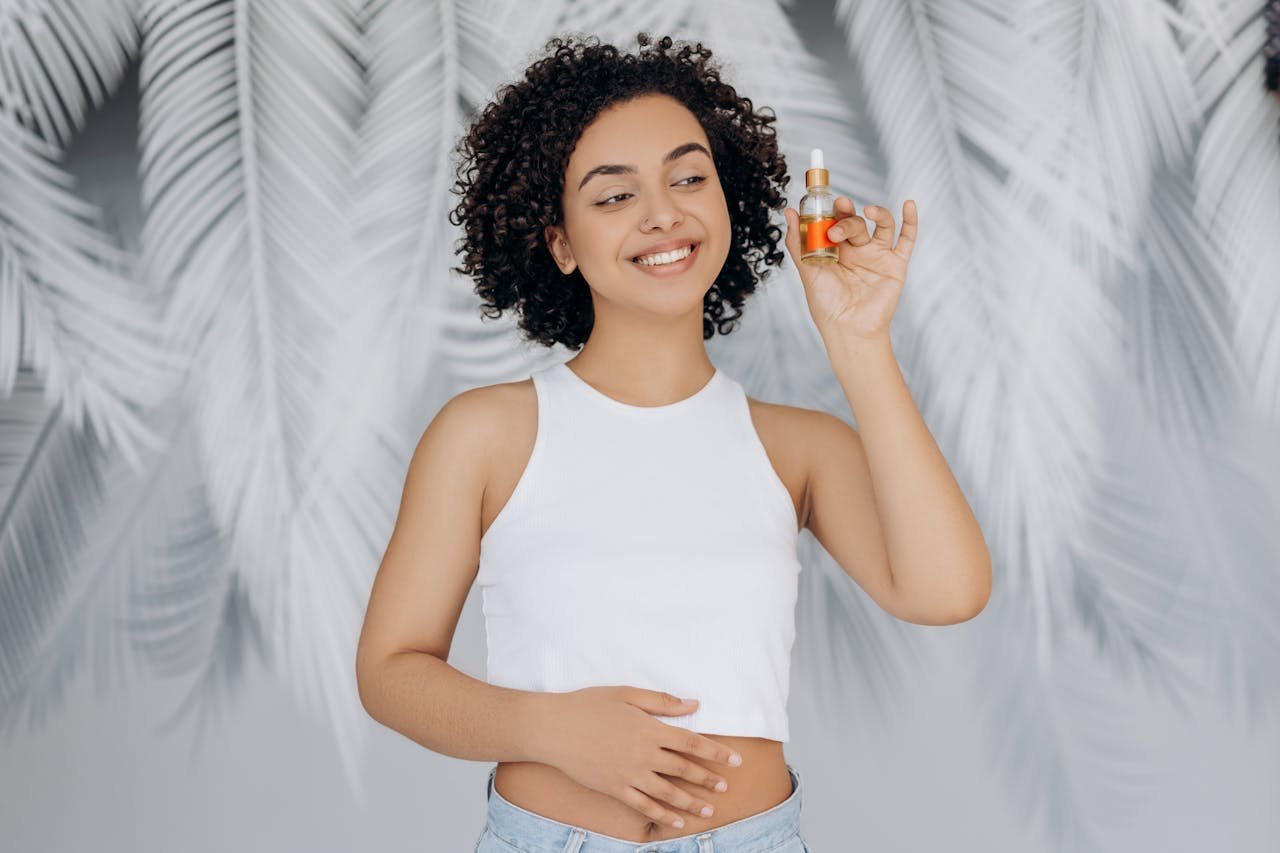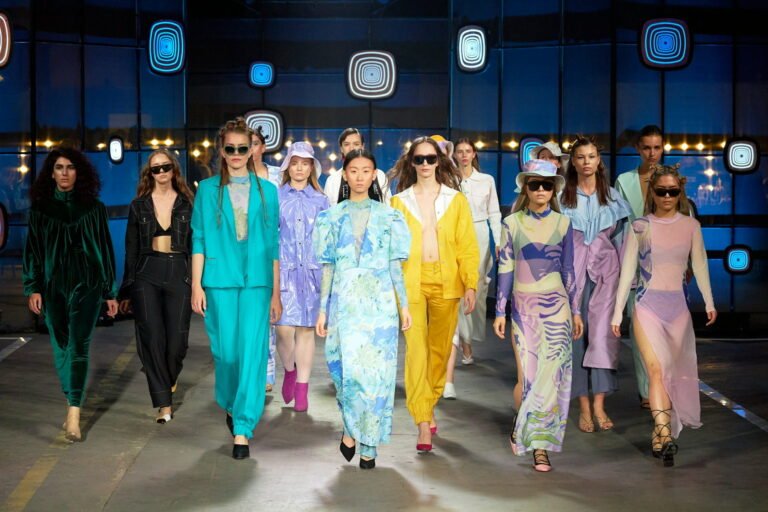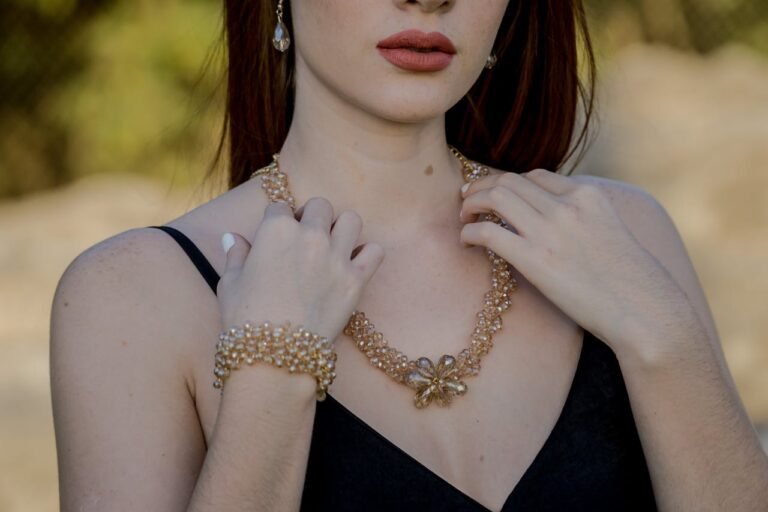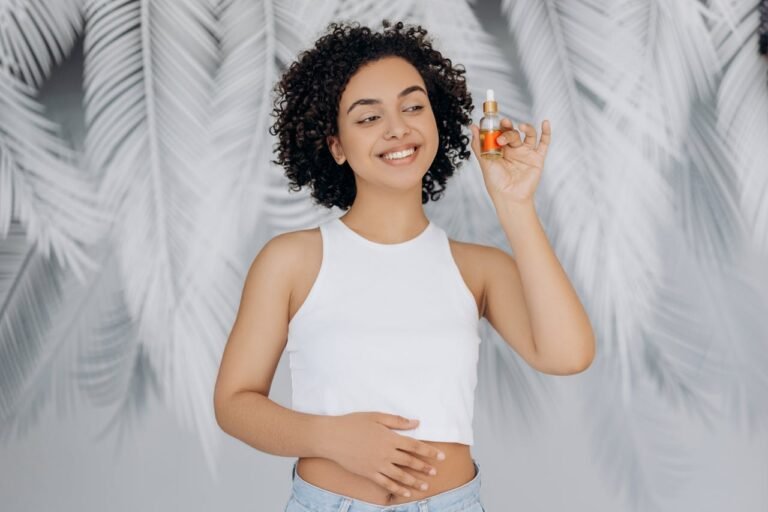As our lifestyles evolve, so do the products we incorporate into our daily routines. The beauty industry is no exception. From minimalist skincare regimens to eco-conscious packaging, beauty products are increasingly designed to align with the shifting needs and values of consumers. These changes reflect broader trends in health, wellness, and sustainability, signaling a new era in personal care where beauty meets functionality. With the rise of hybrid work schedules, wellness-driven priorities, and climate concerns, beauty brands are taking a more holistic approach to product development.
One of the most significant shifts in beauty is the growing demand for simplicity and efficiency. With fast-paced lives and a desire for convenience, consumers are gravitating toward multi-functional products that save time and reduce clutter. This trend is driving the popularity of skincare hybrids that combine the benefits of several products into one, such as moisturizers with built-in SPF or serums that offer both hydration and anti-aging properties. As lifestyles become busier and more varied, products that serve multiple purposes resonate with people looking to streamline their routines without sacrificing results.

Sustainability has also become a driving force in the evolution of beauty products. As consumers grow more eco-conscious, brands are prioritizing environmentally friendly formulations and packaging. This includes the rise of refillable containers, biodegradable materials, and the use of ethically sourced ingredients. Companies are striving to reduce their environmental footprint by offering cruelty-free, vegan, and organic options, reflecting a growing demand for transparency and responsibility in the beauty sector. More than ever, beauty is seen as not just a matter of appearance but an extension of a sustainable and conscientious lifestyle.
The intersection of beauty and wellness is another key development. With a heightened focus on self-care, consumers are looking for products that not only enhance their appearance but also support mental and physical well-being. Beauty brands are responding by creating products infused with natural ingredients like CBD, adaptogens, and antioxidants, which offer calming, anti-inflammatory, or stress-relieving properties. This fusion of beauty and wellness speaks to a broader shift in how people approach self-care, recognizing that beauty is not just skin deep but part of a holistic approach to health.
In conclusion, the beauty industry is undergoing a transformative period as it adapts to changing lifestyles. Consumers are seeking products that are not only effective but also align with their values and daily routines. Whether it’s through multi-functional innovations, sustainable practices, or wellness-driven ingredients, beauty products are becoming more integrated with the way people live today. As lifestyles continue to shift, the future of beauty will likely be even more personalized, mindful, and aligned with both individual needs and global concerns.


















